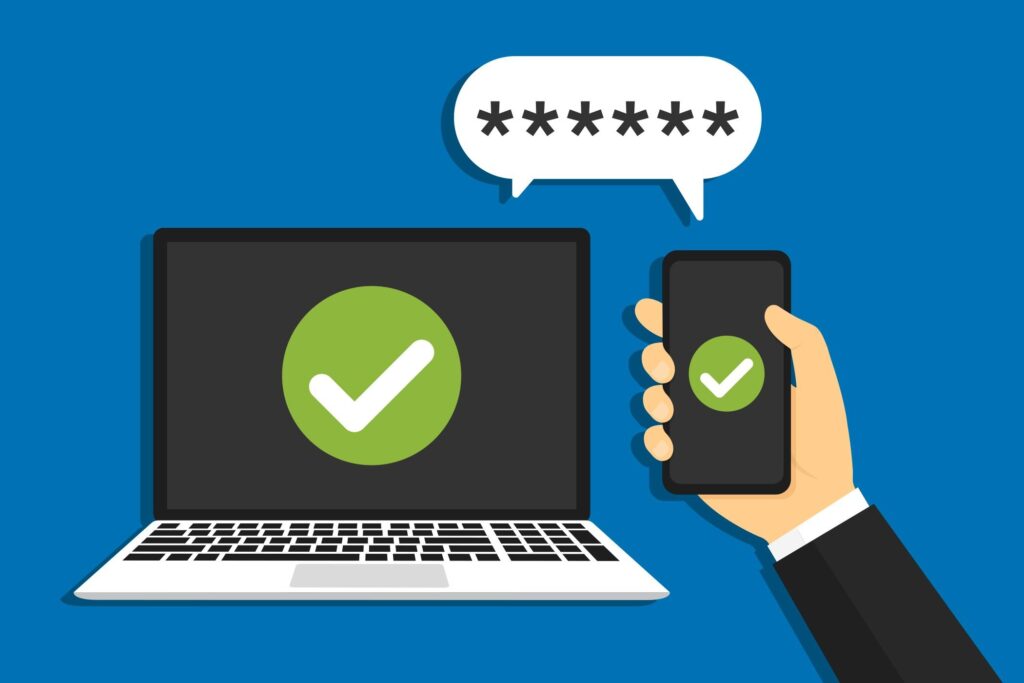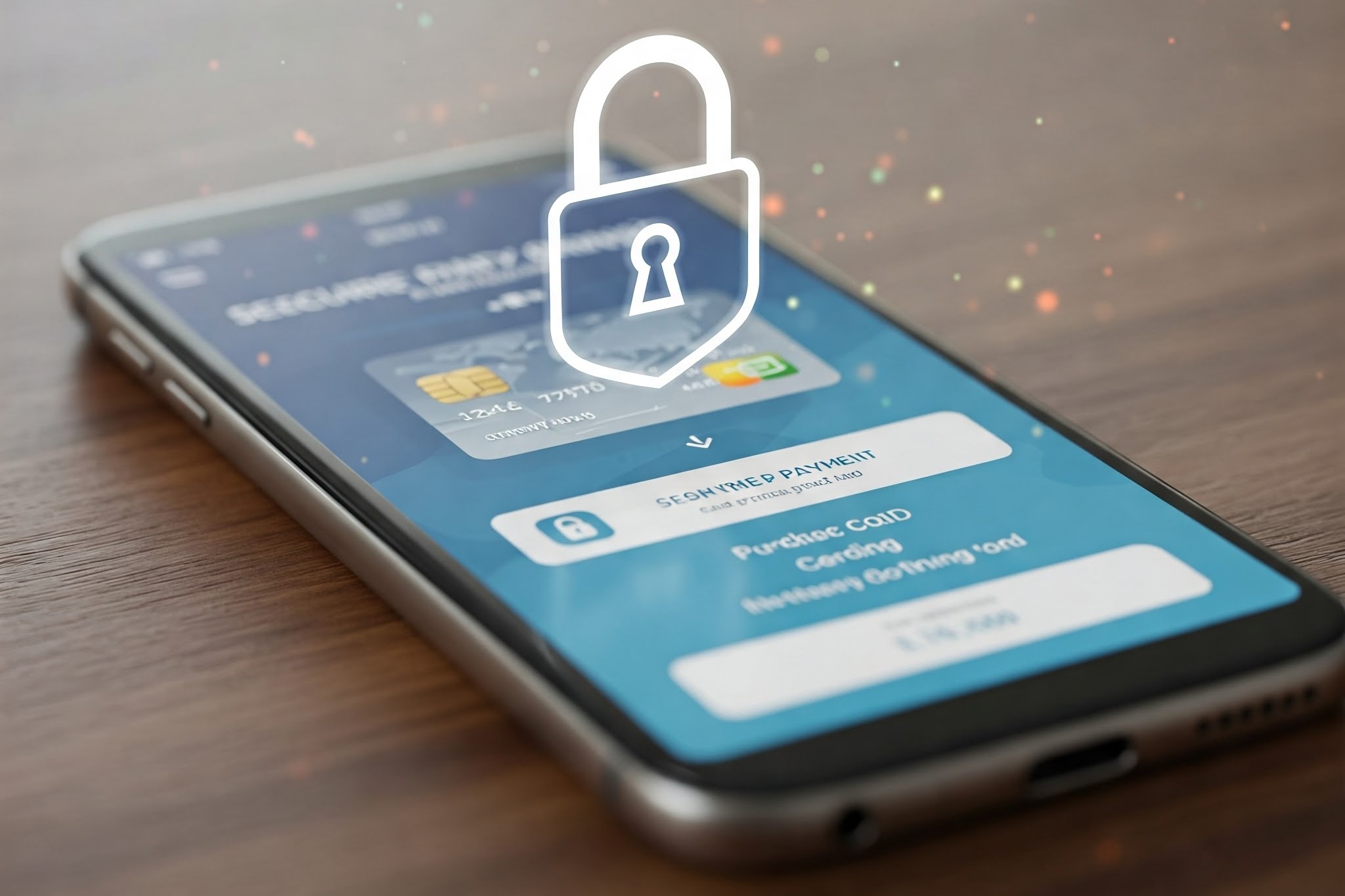Table of Contents
ToggleIs saving card details during online transactions safe?
In today’s rapidly evolving digital landscape, the security of online transactions has become paramount. The Reserve Bank of India (RBI) has proactively introduced comprehensive guidelines focusing on tokenization and two-factor authentication (2FA) to bolster the security of digital payments. These measures aim to protect consumers from potential fraud and enhance the overall trust in India’s digital payment ecosystem.
What Is Tokenization?
Tokenization is a security process that replaces sensitive card information with a unique identifier or ‘token.’ This token is used during transactions, ensuring that your actual card details remain concealed from merchants and potential cyber threats. The RBI has reported a significant adoption of tokenization, with over 910 million card-on-file tokens generated as of December 31, 2024.
Key Features of RBI's Tokenization Guidelines
Merchant Restrictions: Merchants cannot store your card details. Only banks or authorized card issuers are permitted to keep this information.
Explicit Consent: Tokenization requires your explicit consent, typically obtained through an Additional Factor of Authentication (AFA) like a One-Time Password (OTP).
Management Portal: Card issuers must provide a portal where you can manage your tokens, allowing you to suspend or delete them if necessary.
Enhancing Security with Two-Factor Authentication (2FA)
Even with tokenization, the RBI mandates an additional layer of security for transactions. This is achieved through Two-Factor Authentication (2FA), which requires two forms of verification, such as an OTP sent to your mobile device. This ensures that even if someone obtains your token, they cannot complete a transaction without the second form of authentication.

Benefits of Tokenization and 2FA
Enhanced Security: By using tokens instead of actual card details and requiring 2FA, the risk of unauthorized transactions is significantly reduced.
Compliance with RBI Guidelines: These measures ensure that digital payment systems adhere to the security standards set by the RBI, fostering trust among users.
Aligning with PCI DSS Compliance
Adherence to the Payment Card Industry Data Security Standard (PCI DSS) is crucial for organizations handling card transactions. PCI DSS 4.0, introduced recently, emphasizes robust security measures, including encryption, tokenization, and strong access controls. Compliance ensures that businesses maintain a secure environment, protecting cardholder data from breaches and fostering customer trust.
Risks of Saving Card Details
While tokenization significantly enhances security, there are still potential risks:
- Data Breaches: Despite security measures, data breaches can still occur. Hackers may target databases where card details are stored.
- Weak Passwords: If your online accounts have weak passwords, hackers can easily guess them and access your stored card details.
- Phishing Attacks: Fraudsters may use phishing attacks to trick you into providing your card details.
- Internal Threats: Employees with access to sensitive data might misuse it.
Best Practices for Secure Digital Payments
To further safeguard your online transactions:
Use Strong Passwords: Create unique, complex passwords for your accounts to prevent unauthorized access.
Enable Two-Factor Authentication: Activate 2FA on all financial and sensitive accounts to add an extra layer of security.
Monitor Account Activity: Regularly review your bank statements and transaction history for any unauthorized activities.
Be Cautious with Emails and Links: Avoid clicking on suspicious links or providing personal information through unsolicited communications.
By understanding and utilizing tokenization and Two-Factor Authentication, along with adhering to RBI guidelines, you can enhance the safety of saving card details during online payments.

Jugaad on Two Wheels: The Hilarious Bike Parcel Hack in Karnataka
The Great Karnataka Bike Parcel Hack: A Jugaad Masterclass #RapidoParcel: In a creative yet controversial move, ride-hailing platform Rapido has found a way around Karnataka’s

Denmark’s Digital Sovereignty Revolution: Linux and LibreOffice Lead the Way
Introduction to Denmark’s Bold Move In June 2025, Denmark’s Ministry of Digital Affairs made headlines by embracing digital sovereignty, ditching Microsoft Windows and Office 365

🏏Sports as a Business Strategy: Insights from Vijay Mallya’s RCB Ownership
🧠 Sports as a Business Strategy (Tool) In modern business, few platforms offer better engagement and emotional connection than sports. From football clubs in Europe

🙏 Apologies in Leadership: Vijay Mallya Public Apology
🧠 Introduction: The Role of Apologies in Leadership In the corporate world, apologies aren’t signs of weakness—they’re strategic acts of leadership. When made with sincerity

Audiobook Production Costs: Navigating Recording Artists, Studio Expenses, and AI’s Impact
The audiobook industry is booming, with over 130 million listeners in the U.S. alone in 2021 and a growing global appetite for audio content. Producing

Media Trial of Vijay Mallya: How Public Perception Shaped Vijay Mallya’s Legacy
Introduction: Media’s Influence on Business Narratives In today’s hyper-connected world, media narratives can make or break a business reputation. For Vijay Mallya, once known as

